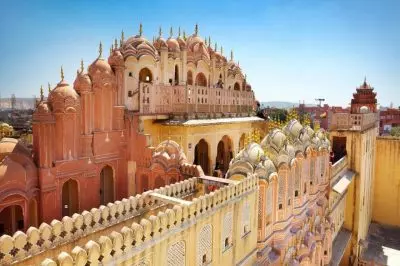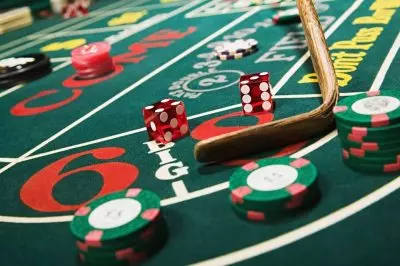 The first-ever comprehensive study on the prevalence of gambling that has been carried out in the state of Goa showed that almost 50% of the local male residents are engaged in some form of gambling to date.
The first-ever comprehensive study on the prevalence of gambling that has been carried out in the state of Goa showed that almost 50% of the local male residents are engaged in some form of gambling to date.
Sangath, a non-government organization conducted the study, with 1514 men having taken part in the survey that has been recently published in the Asian Journal of Psychiatry. The research is focused on the prevalence and the associated side effects that gambling could have on people and communities.
The survey revealed that lotteries and so-called “matka”, a suspended form of gambling that has remained popular in Goa and Maharashtra, remain the most popular forms of gambling. An interesting fact is that the presence of casinos does not appear to have any actual impact on the population of the coastal state, as only 1.1% of the survey respondents revealing that they visited casinos on a regular basis, which is no less than once a month.
As revealed by the study, almost half of the Goa residents who took part in the study (49.9% of the respondents) said they have been engaged in gambling activities at least once in their lifetime, and 45.4% confessed they have gambled over the past 12 months. Also, one-third of the Goa residents who gamble have been engaged in multiple forms of gambling, as the study says.
The researchers found out that lifetime and current gambling are related to alcohol and tobacco use disorders, interpersonal violence, work-related problems and other factors such as residence in rural areas.
Lotteries Remain the Most Popular Form of Gambling
 As mentioned above, the most common form of gambling was the lottery, with 67.8% of the gamblers being engaged with this form of gambling. Matka, on the other hand, was the gambling activity that had the highest frequency rates, with about 39.5% of the survey participants being engaged in the activity no less than three times a week.
As mentioned above, the most common form of gambling was the lottery, with 67.8% of the gamblers being engaged with this form of gambling. Matka, on the other hand, was the gambling activity that had the highest frequency rates, with about 39.5% of the survey participants being engaged in the activity no less than three times a week.
Other forms of gambling which were found to be popular among Goa residents were card and dice games that involve money and wagering on the outcomes of sports events.
As revealed by one of the researchers, Dr. Abhijit Nadkarni, the study was held not only to check the levels of problem gambling but the presence of gambling in Goa as a whole. He further highlighted the fact that not everyone who gambles could be categorized as a gambling addict.
As a matter of fact, the thing which is found more concerning by the researchers is the easy access to gambling services in the state, especially matka. Dr. Nadkarni claims that people are more affected by this form of gambling than бъ casino gambling because matka is usually associated with smaller bets but people usually tend to place a larger number of such bets that could seriously affect their finances.